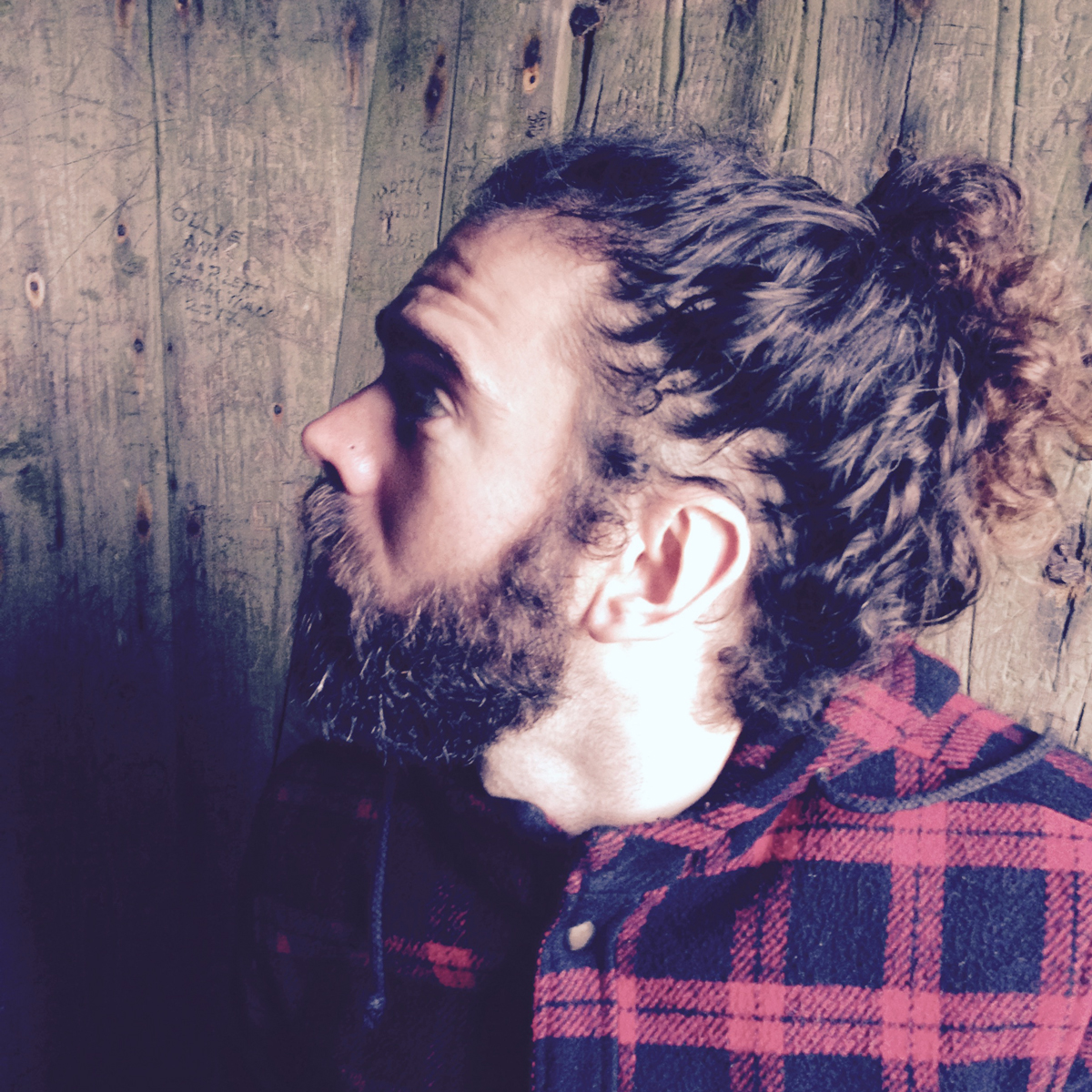Two people, 13 instruments, countless happy accidents and a Hawaiian Gretsch: Inside The Blackheart Orchestra’s horizon-chasing sound
Chrissy Mostyn and Rick Pilkington explain how a project that started with just one acoustic guitar and two voices has become “the smallest orchestra in the world”

The Blackheart Orchestra are Manchester-based multi-instrumental duo Chrissy Mostyn and Rick Pilkington, a band that have seen their sound expand into what they now dub as “the smallest orchestra in the world”, bringing in 13 instruments – including guitar, bass guitar, mandola, vintage synths, omnichord, percussion and more – to flesh out a setup that started far more sparsely.
“In the beginning, we were one acoustic guitar and two voices,” Mostyn tells us. “It was completely stripped back and as pure as you could get.”
Natural Evolution
The band, which began as simply Black Heart, have always defied pigeonholing, and perhaps even more so now. “We hope so – because everyone wants to be different and unique,” says Pilkington.
“But nothing’s on purpose,” adds Mostyn, with a laugh. “We love so many different styles of music: I love minimalist classical, we like folk and rock, Rick loves the blues. There’s no band that we want to sound like, we just absorb it all.”
“We’ve just evolved this way of working by acquiring more instruments that we didn’t know how to play,” Pilkington continues. “We’ve been honing our sound to what it is now for about 10 years, but it’s still great to think about the days of writing simple songs with one guitar and two voices. Sometimes that’s all you need.”
Stage To Studio
Of course, when playing live, a one-guitar two-voice setup is far easier to achieve than the band’s current broad sound, but the duo insists that live music is still the focus.
“The songs are always written to be played live,” says Pilkington. “Generally, we play the songs in quite heavily before we record, so they have a form that we’re very familiar and comfortable with. The idea then is to expand the live version into the recorded version; it isn’t the other way around, like recording something and wondering how to play it live.”
Get The Pick Newsletter
All the latest guitar news, interviews, lessons, reviews, deals and more, direct to your inbox!
“That said, sometimes we go into the studio and play them and they change completely,” Mostyn adds. “We treat them like separate animals in a way.”
Happy Accidents
The mercurial character of The Blackheart Orchestra’s songs becomes clear when you experience the live shows. “A lot of bands are working backing tracks into their shows, but we want to be 100 per cent live,” Pilkington stresses. “When I go to see a band, I want to see their fingers move and hear their mistakes.”
“You only experience live music once in that way,” Mostyn adds. “You can screw it up and that’s all right. People ask us how we create our sound, but space is just as important. There’s something about weaving music into silence that can draw you in more than when something’s blasted into your face.”
Cherry Picking
When it comes to instrument collections, there’s not enough room here to do Pilkington's justice. “I’m ashamed to say I have a lot of fantastic guitars that I bought in the '70s and don’t play,” he admits. “These days, I mainly play a Gibson J-185 live, which I bought about 20 years ago and it’s a fabulous stage guitar. For recording, I use Chrissy’s old Gretsch because it records sweeter. Electric-wise, on stage it’s just a Telecaster – I have lots, but this one fits me perfectly.”
“I use a Hawaiian Gretsch from 2003,” reveals Mostyn. “Rick always steals it off me because it plays beautifully. It was once smashed up in an accident along with Rick’s Les Paul, but since it got repaired it’s played even better.”
- Hotel Utopia is out now on Ceander Records.
Glenn Kimpton is a freelance writer based in the west of England. His interest in English folk music came through players like Chris Wood and Martin Carthy, who also steered him towards alternate guitar tunings. From there, the solo acoustic instrumental genre, sometimes called American Primitive, became more important, with guitarists like Jack Rose, Glenn Jones and Robbie Basho eventually giving way to more contemporary players like William Tyler and Nick Jonah Davis. Most recently, Glenn has focused on a more improvised and experimental side to solo acoustic playing, both through his writing and his own music, with players like Bill Orcutt and Tashi Dorji being particularly significant.
“The rest of the world didn't know that the world's greatest guitarist was playing a weekend gig at this place in Chelmsford”: The Aristocrats' Bryan Beller recalls the moment he met Guthrie Govan and formed a new kind of supergroup
Carlos Santana hospitalized following pre-show medical emergency



![[from left] George Harrison with his Gretsch Country Gentleman, Norman Harris of Norman's Rare Guitars holds a gold-top Les Paul, John Fogerty with his legendary 1969 Rickenbacker](https://cdn.mos.cms.futurecdn.net/TuH3nuhn9etqjdn5sy4ntW.jpg)







